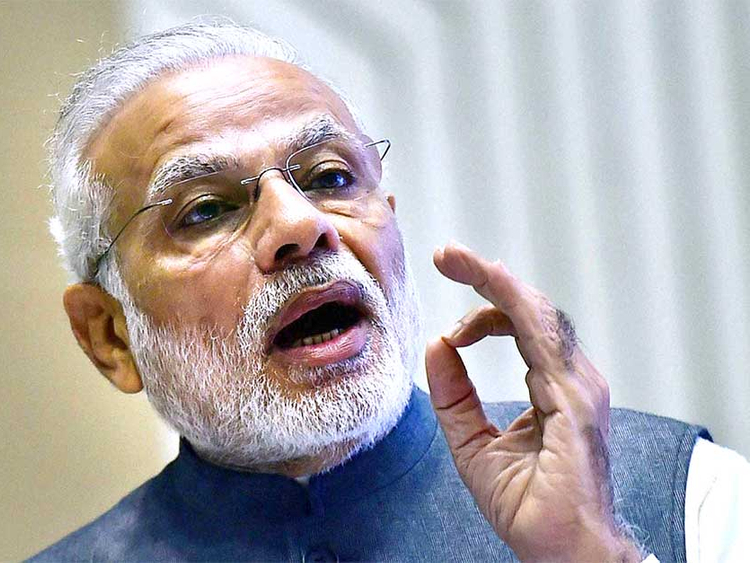Dubai: India’s western state of Gujarat, one of the wealthiest, will vote on Thursday in the second and final leg of elections that has dominated headlines and social discourse.
The elections, one of the most bitterly fought in recent memory, is seen as a direct contest between Prime Minister Narendra Modi and his rival Rahul Gandhi, the newly-crowned president of Congress.
Modi’s Bharatiya Janata Party or BJP has ruled Gujarat since 1995 and was the launch-pad of his political career in 2001.

The following year, this state witnessed large-scale communal violence and Modi’s critics accuse of him inaction when violent mobs ruled the streets, killing over 1,200 people, mostly Muslims.
Since then, Modi has won every election in 2002, 2007 and 2012, emerging on the national scene by overshadowing stalwarts of his own party to become the BJP’s mascot in 2014.
Today, Modi is the most powerful politician in India and has no challenger in his own party. That is why, Gujarat has become so important for Modi. A poor showing there won’t be just a loss of face for the BJP, it will shatter Modi’s carefully crafted image of invincibility.
Also, a defeat in the hands of Gandhi, 20 years junior to Modi will be humiliating for the prime minister and will raise a question mark over his chances to win the next general elections in 2019.
As campaign ends at 5pm on Tuesday, no one is willing to take a bet on the BJP’s performance. However, most reports indicate a remarkable turnaround of fortunes for the Congress which appears to be on a strong footing.
Modi’s bitter, personal attacks on Congress leaders, including his predecessor Dr Manmohan Singh, has betrayed his nervousness. In sensational claims, Modi first said Pakistan was trying to influence the elections and accused Dr Singh of meeting Pakistani army and civilian officials as part of a “conspiracy” to dislodge the BJP.
The allegations, presumably based on unverified media accounts of a dinner meeting with Pakistani figures, invited a sharp rebuke from Dr Singh who said Modi is “spreading falsehood” and tarnishing the image of constitutional offices.
Even by Modi’s standards, these allegations are absurd and seen as a desperate attempt shore up his chances.
While Modi’s utterances indicate his worries over a potential defeat, it is impossible to call this election today. However, regardless of his massive popularity, Gujarat has changed since Modi left the state to become the Prime Minister in 2014.
Today, farmers are in distress, businessmen are angry over botched tax reforms and most importantly, his core support base of youths are restless because of rising unemployment in Gujarat, a state that has been the laboratory of Modi’s top-down model of growth. The results will also be a referendum on his economic reforms and style of governance.













